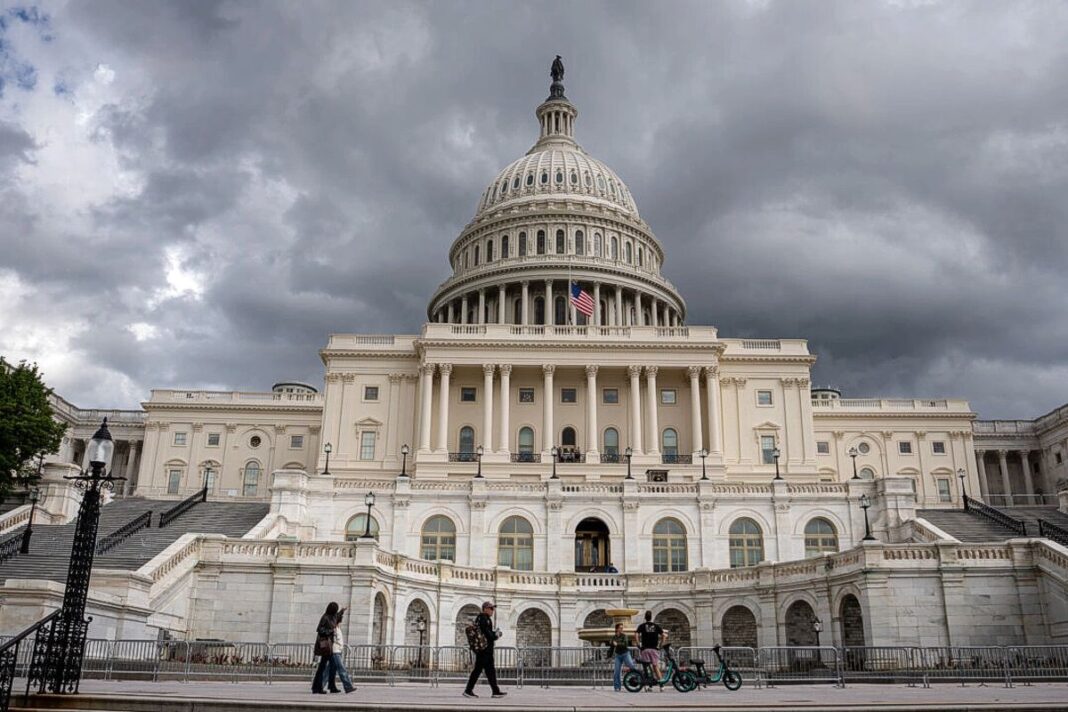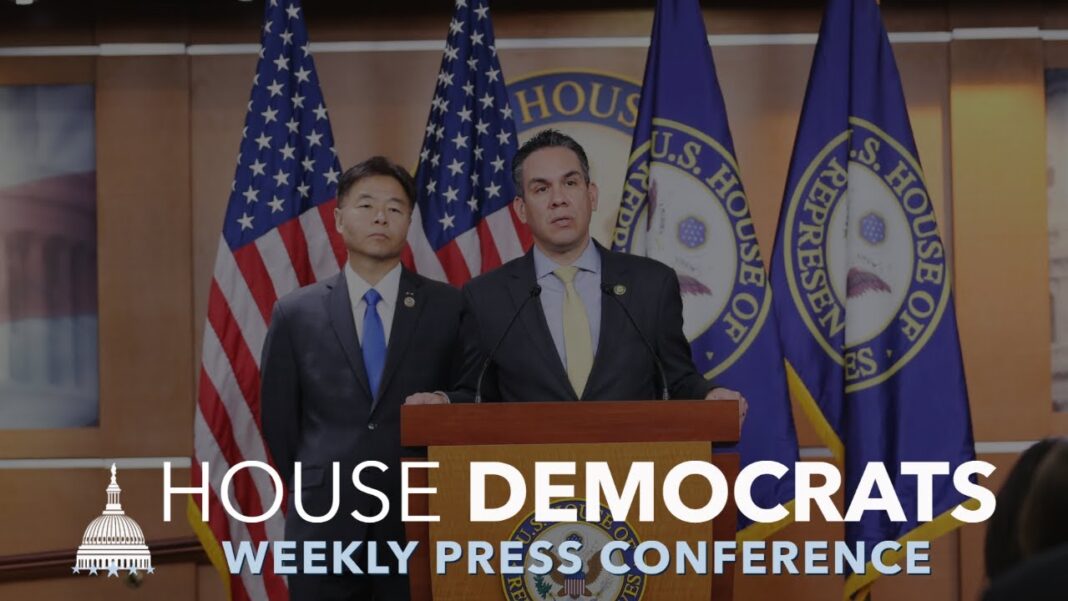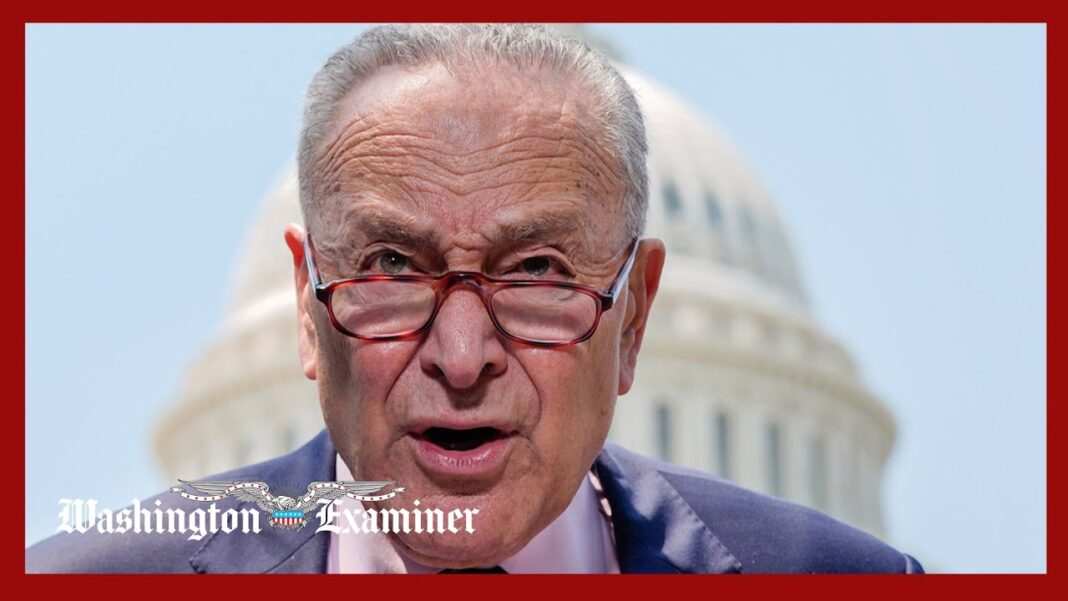The GOP lawmakers say the provider tax rollback would destabilize funding and strain hospitals. They urge keeping the 6 percent ’safe harbor’ threshold.
A group of 16 House Republicans is warning that they won’t support the Senate version of the One Big Beautiful Bill Act unless proposed Medicaid changes—particularly to the provider tax structure and state-directed payments—are rolled back.
In a June 24 letter to Senate Majority Leader John Thune (R-S.D.) and House Speaker Mike Johnson (R-La.), the group—led by Rep. David Valadao (R-Calif.)—voiced opposition to the Senate’s plan to lower the federal cap on Medicaid provider taxes from 6 percent to 3.5 percent.
This change, along with other Senate provisions, would place new financial strain on hospitals and make it harder for states to sustain existing Medicaid programs, they said.
“The Senate version treats expansion and non-expansion states unfairly, fails to preserve existing state programs, and imposes stricter limits that do not give hospitals sufficient time to adjust,” the lawmakers wrote.
They also cited concerns about rushed implementation timelines, penalties for expansion states, changes to work requirements, and cuts to emergency Medicaid funding.
Medicaid’s $914 billion annual cost is split between the state and federal governments, with the federal share accounting for roughly 66 percent. To help finance their share, most states rely heavily on provider taxes, which are levied on hospitals and other health care providers.
Lowering the 6 percent cap on provider taxes to 3.5 percent saves the federal government money because it reduces how much states can tax providers, recycle those funds into higher Medicaid payments, and then receive inflated federal matching dollars. So, by capping the tax lower, the federal share of Medicaid spending is reduced.
The provider tax mechanism—used by every state except Alaska—has become a cornerstone of Medicaid financing, and a source of controversy.
Critics have called it a budgetary gimmick that allows states to inflate Medicaid costs and get more federal funds without delivering more services. Still, many states and providers argue that without the provider tax, they would face deep cuts or be forced to raise taxes to make up the shortfall.
By Tom Ozimek








